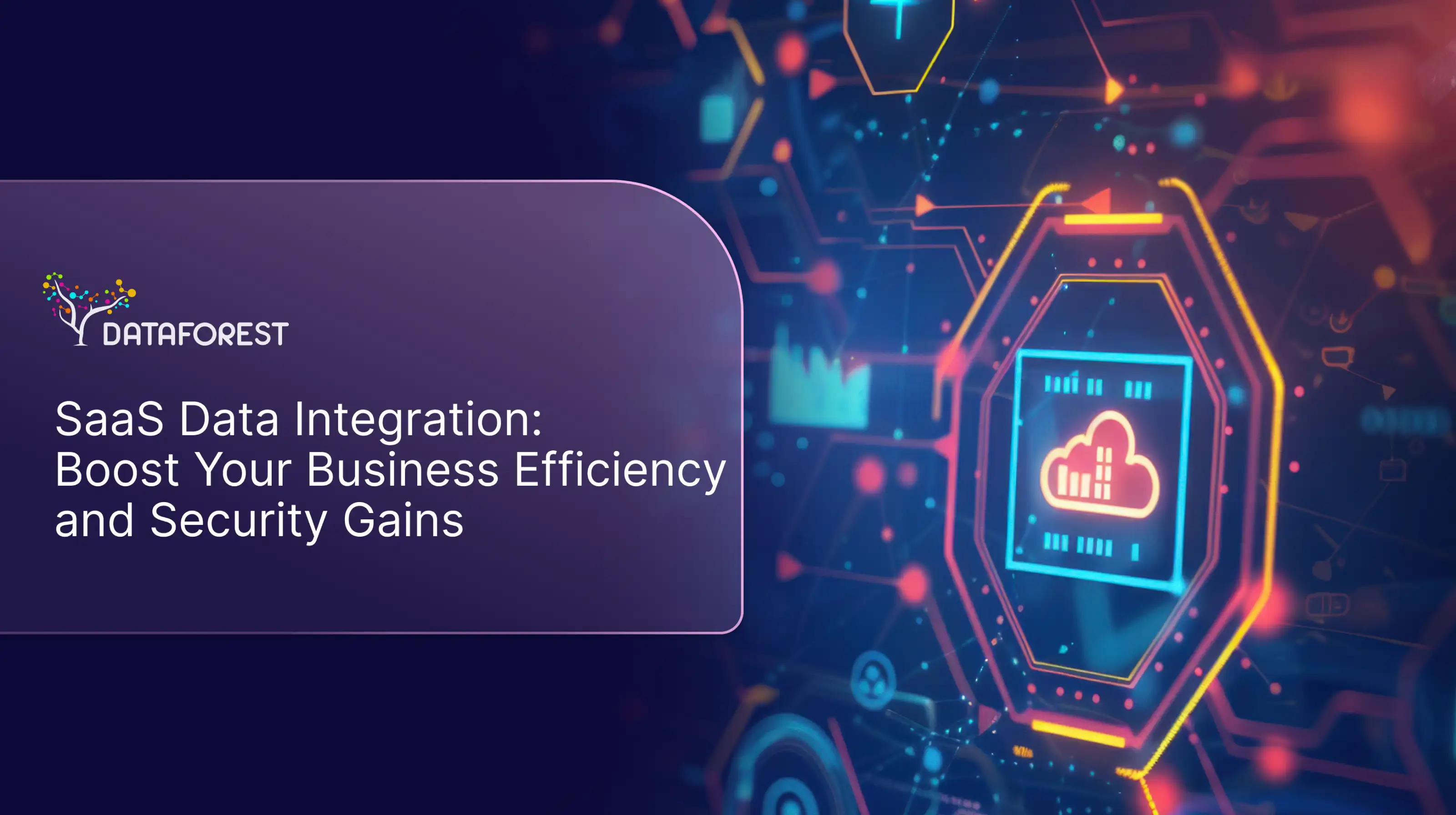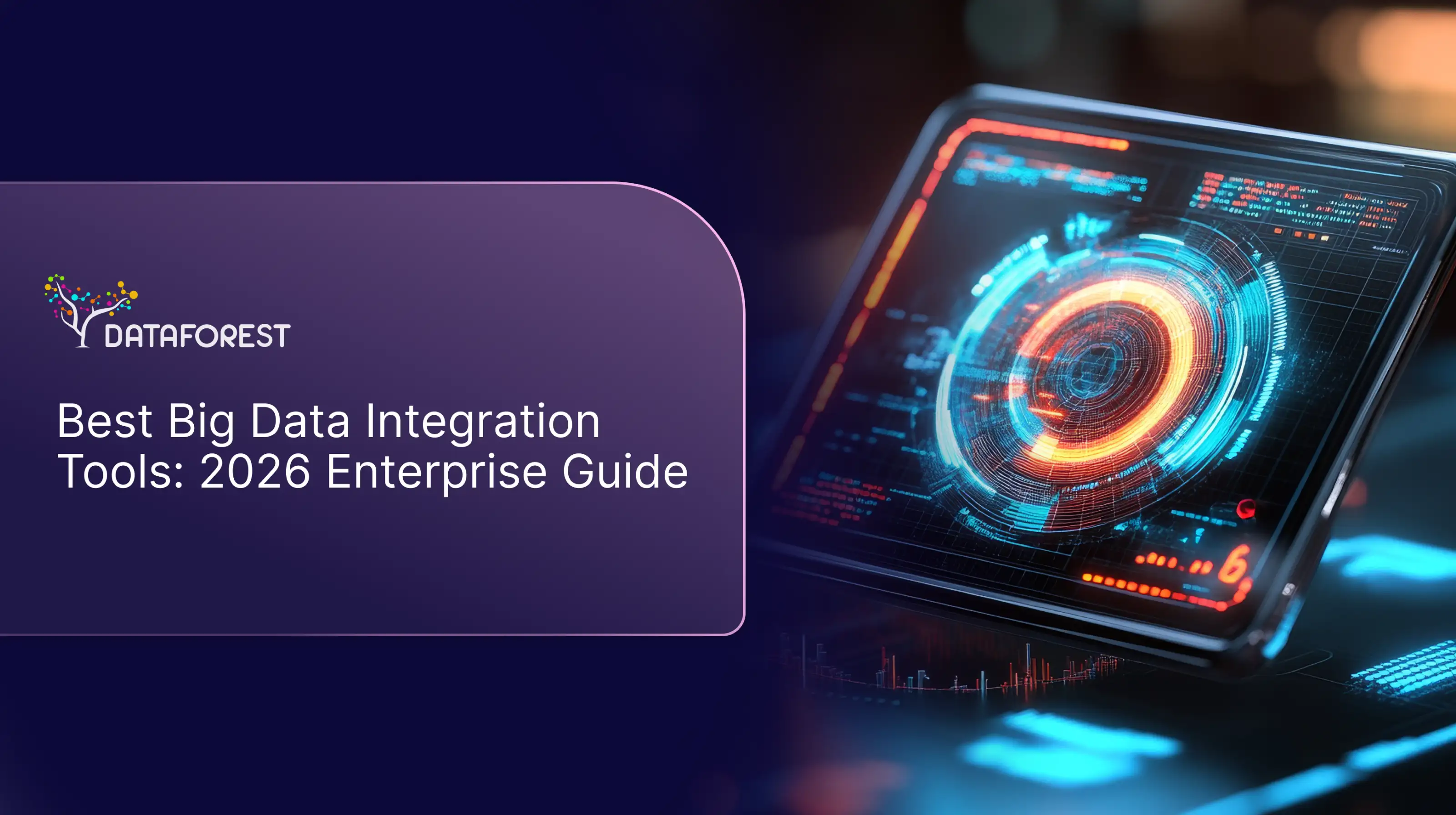The Unseen Engine of Startup Velocity
In the digital arena, where nearly 19% of startups fail due to being outcompeted, speed and intelligence are not just advantages; they are survival mechanisms. While founders obsess over product-market fit and funding rounds, many overlook the foundational layer underpinning sustainable growth: data engineering. Raw data is potential energy. Robust infrastructure built with sophisticated data engineering tools turns this potential into actionable insights, powering AI-driven intelligence, real-time decisions, and the speed needed to outpace competitors.
According to McKinsey, data-driven organizations are 23 times more likely to acquire customers and 19 times more likely to be profitable. For a startup, these aren't just compelling statistics; they represent the delta between exponential growth and early extinction. The question is no longer if you should invest in a modern data stack, but how to build one that scales with your ambition. This requires a strategic selection of data engineering tools and technologies that are agile, cost-effective, and powerful enough to turn your data lake into a competitive moat and begin the journey of data monetization.

How to Choose Data Engineering Tools That Fit Your Startup
Less a matter of chasing trends, picking the right tools for data engineering is about building a data ecosystem that fits your overarching business objectives. It requires a C-suite mentality where data infrastructure is seen not as a cost center but the central nervous system of the company.
Data as a Strategic Asset
The first shift is cultural. Data cannot simply be assigned to siloed IT. It must be considered a core strategic asset on day one, touching everything from product development to customer acquisition. A solid data management and analytics plan enables teams to get beyond gut feelings and lead the company with hard evidence, something that is a focal point in the digital transformation journey.
From Startups to Scale-Ups
The tools that serve a five-person team may become inadequate for a 50-person company with a rapidly growing user base. The key is to choose scalable solutions for startups that offer a low-cost entry point but possess the architectural runway for massive scale. This "grow-with-you" capability, often found in Cloud data solutions, prevents a costly, disruptive re-platforming as your business hits an inflection point. The goal is to build a scalable data infrastructure from the outset.
The Role of Data Engineering in AI, Analytics, and Digital Transformation
Modern startups innovate using AI and Predictive analytics, but AI is only as effective as its training data. Data engineering is the critical preamble to machine learning, building the clean, reliable, and accessible Data pipelines that AI models require. Without a solid data engineering foundation, any investment in AI is merely speculative. Ensuring your customer data is truly AI-ready is the first and most vital step.
Key Criteria for Choosing Data Engineering Tools
For a startup, every decision is magnified. When selecting from the vast landscape of top data engineering tools, focus on these three pragmatic criteria.
Cost
Founders must look beyond the sticker price to the Total Cost of Ownership (TCO), which includes subscription fees, infrastructure, and the engineering hours for implementation and maintenance. Open-source tools may seem "free," but they often carry a high operational burden. Conversely, managed services can dramatically reduce overhead, freeing up your lean team to focus on value-generating activities.
Speed of Implementation
Time-to-value is one of a startup's most critical metrics. The ideal tool is one your team can implement and derive insights from in weeks, not quarters. Look for tools with excellent documentation, a strong community, intuitive interfaces, and robust API integration capabilities that allow them to integrate seamlessly into your existing tech stack.
Scalability
A startup's data volume can grow exponentially overnight. The tools you choose must handle this surge without requiring a complete architectural redesign. Prioritize serverless and cloud-native platforms that can scale resources up or down on demand, ensuring performance remains consistent as your business grows.
The Top 10 Data Engineering Tools for Startups (and Beyond)
Here are the top data engineering tools 2025 that offer the power, scalability, and flexibility startups need to build a formidable data foundation.
Apache Airflow (Workflow Orchestration)
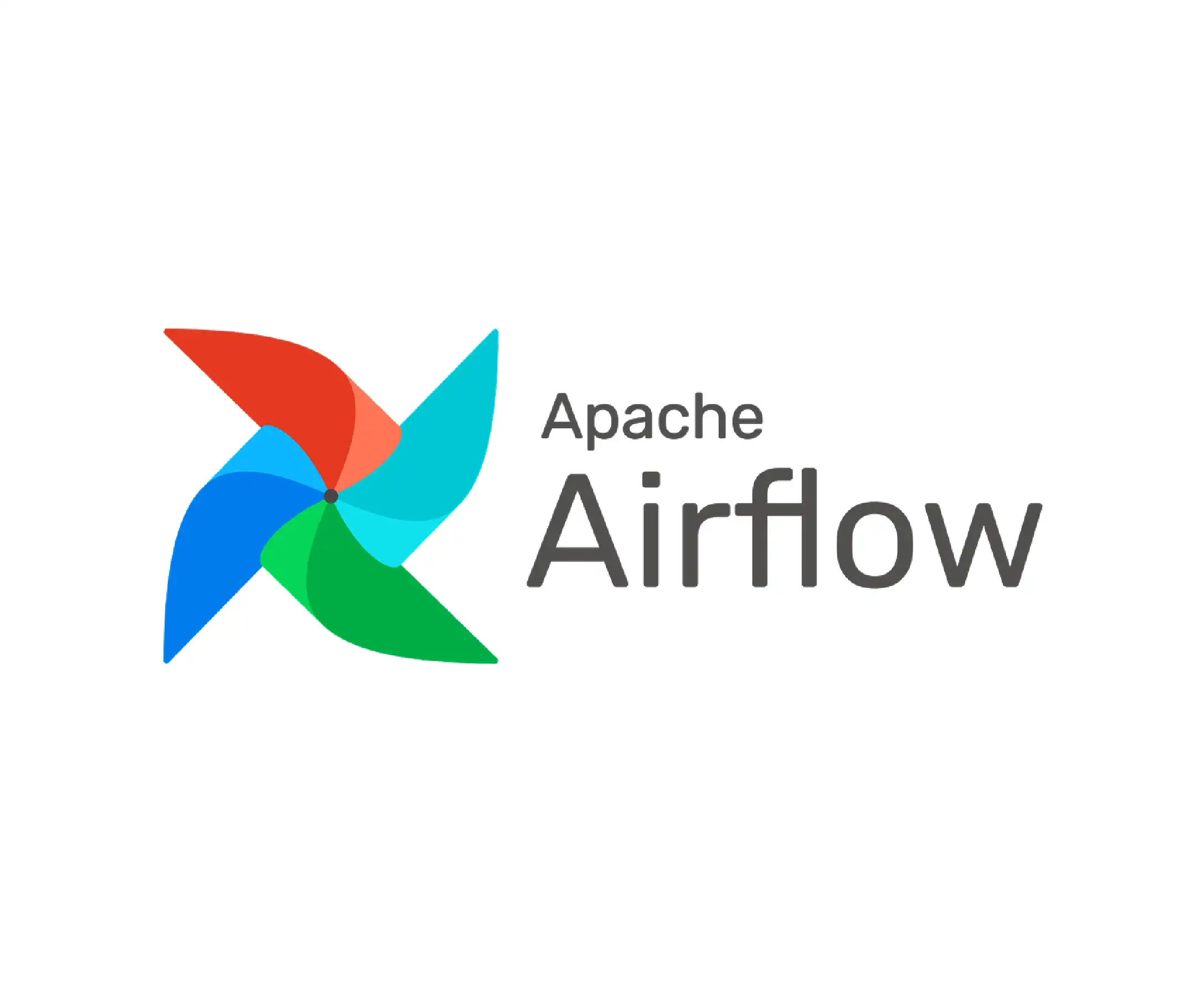
- What it is: An open-source platform to programmatically author, schedule, and monitor complex data workflows. Airflow lets you define Data pipelines as code, bringing software engineering best practices to data.
- Why for startups: While requiring some setup, it's the industry standard for complex dependency management, ensuring critical data processes run correctly every time.
dbt (Data Transformation)
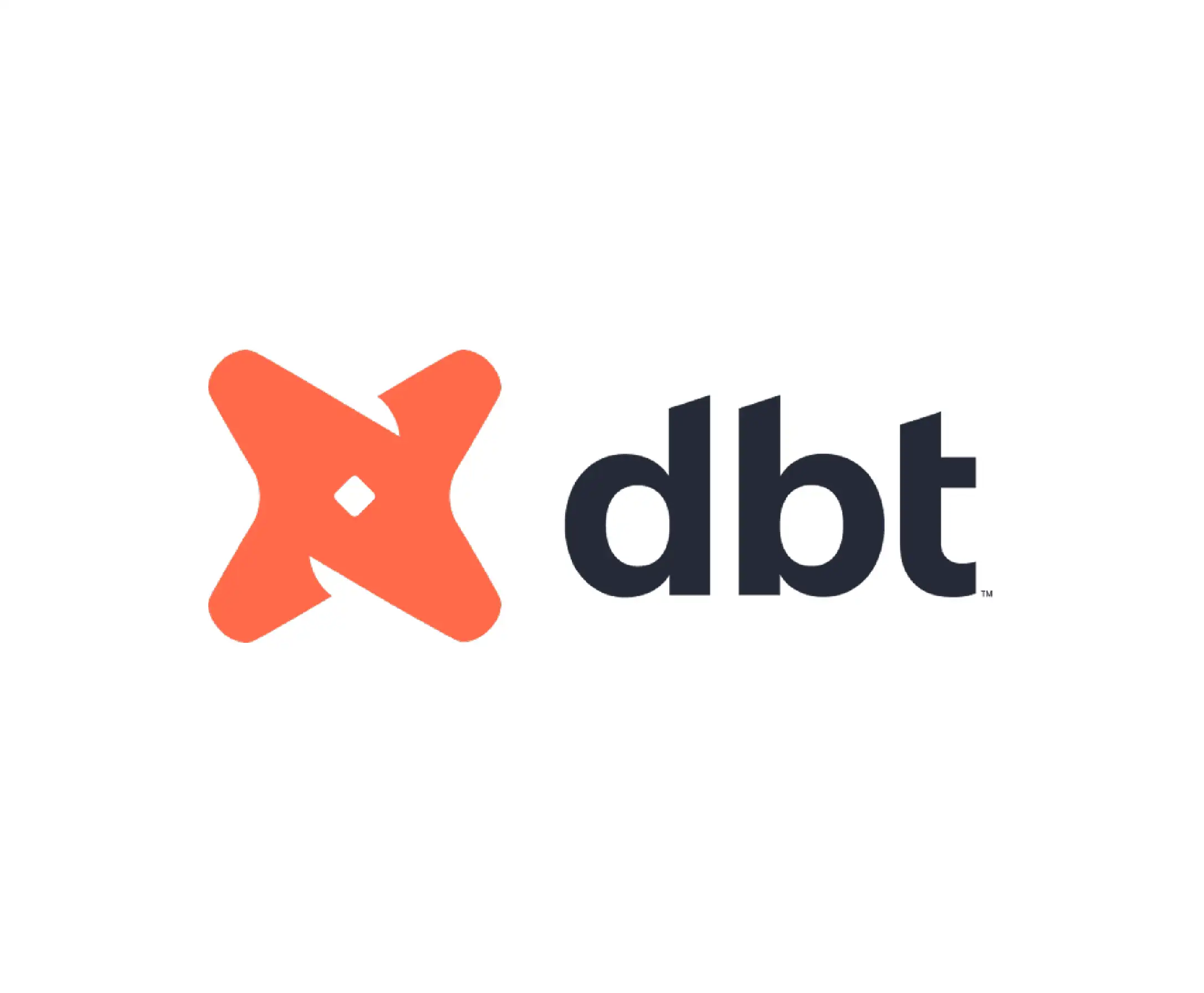
- What it is: The "T" (transform) in the modern ELT (Extract, Load, Transform) paradigm. DBT allows teams to transform data inside their data warehouse using simple SQL.
- Why for startups: It democratizes data transformation, empowering those closest to the data to model it for analysis. This is a foundational step in building tailored customer data platforms that drive personalization.
Apache Kafka (Real-Time Streaming)
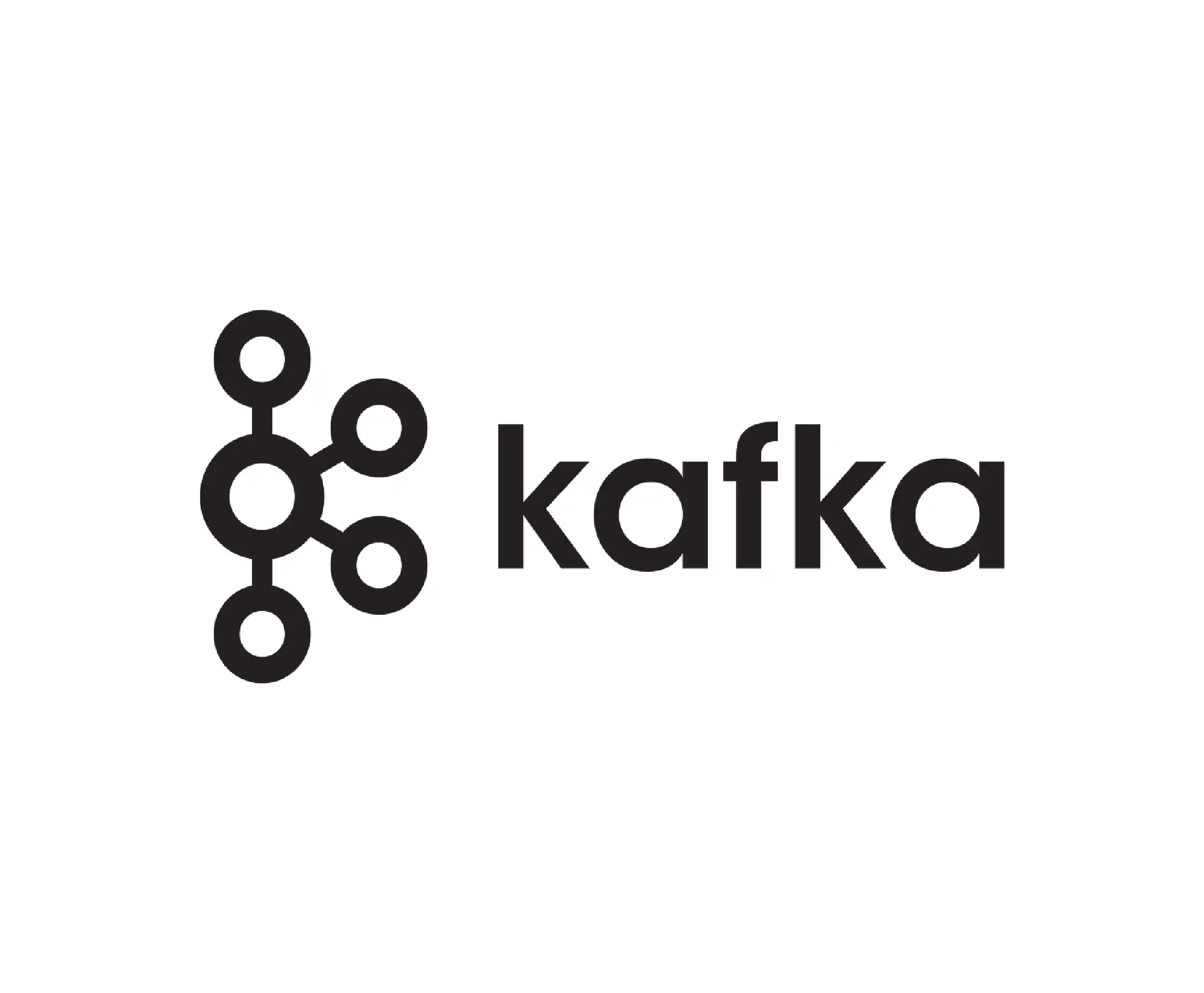
- What it is: A distributed event streaming platform capable of handling trillions of events a day. Kafka is the backbone for businesses that need to react to data in the moment.
- Why for startups: Kafka is indispensable for startups building real-time features like live dashboards, fraud detection, or instant notifications. It's the foundation for moving to real-time analytics.
Snowflake (Cloud Data Warehousing)

- What it is: A fully managed, cloud-native data warehouse that separates storage and compute for incredible performance and concurrency.
- Why for startups: Its pay-as-you-go model and instant scaling make it highly cost-effective for fluctuating workloads. It eliminates database administration, allowing teams to focus on insights, a crucial advantage for sectors handling sensitive information, from financial advisory to healthcare.
Databricks (Unified Analytics & AI Platform)

- What it is: A platform built on Apache Spark that unifies data engineering, data science, and analytics. It champions the "lakehouse" architecture, combining a Data lake and a data warehouse.
- Why for startups: It provides a collaborative environment for the entire data team, breaking down silos and accelerating the path from raw data to machine learning models and AI-driven insights.
Fivetran (Data Integration)
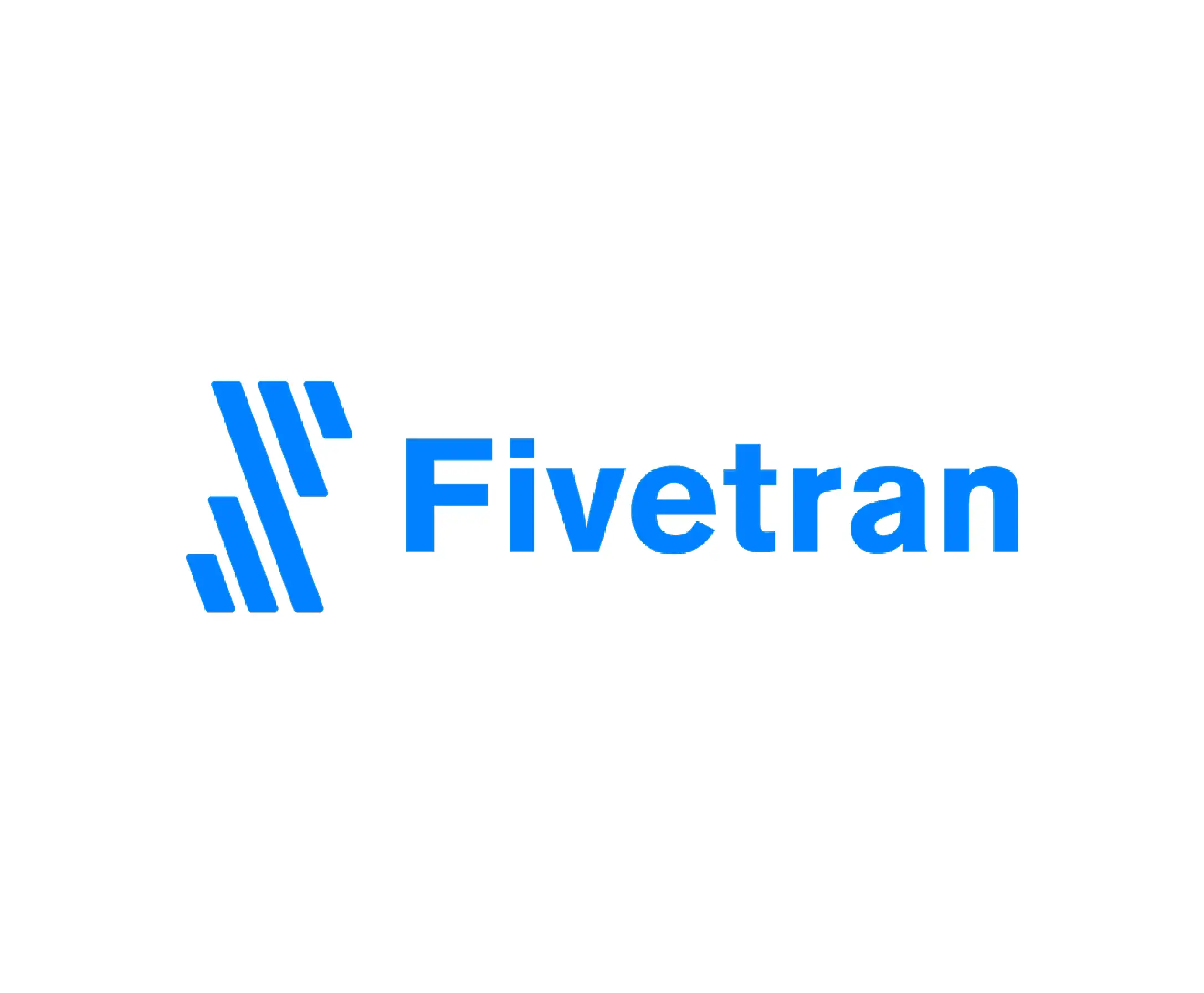
- What it is: An automated ETL tool that pulls data from hundreds of sources (like Salesforce, Google Analytics, Stripe) and loads it into your data warehouse.
- Why for startups: It's a massive time-saver. Fivetran's pre-built, resilient connectors free engineering resources from the thankless task of data plumbing to focus on core product features, such as enhancing a custom e-commerce portal.
Talend (Data Quality & Governance)

- What it is: A comprehensive Data integration platform with strong capabilities in data quality and governance, offering open-source and commercial versions.
- Why for startups: As a startup scales, data quality issues can multiply. Talend provides the tools to profile, cleanse, and standardize data, ensuring decisions are based on trusted information.
AWS Glue (Serverless ETL)

- What it is: A fully managed, serverless extract, transform, and load (ETL) service from AWS. You only pay for resources while jobs are running.
- Why for startups: For teams in the AWS ecosystem, Glue is a natural, cost-effective fit that scales automatically and integrates seamlessly with services like S3 and Redshift.
Great Expectations (Data Quality & Testing)

- What it is: An open-source tool for data validation. It allows you to declare "expectations" about your data and automatically validates your pipelines against them.
- Why for startups: It brings the concept of unit testing to data, preventing data quality issues before they contaminate your analytics and building trust in your data.
Grafana (Monitoring & Observability)

- What it is: An open-source platform for analytics and interactive visualization, widely used for monitoring infrastructure and applications.
- Why for startups: Data pipelines can fail. Grafana provides essential observability to monitor the health of your data stack, allowing you to detect and resolve issues quickly.
How These Tools Help Startups Scale Their Business
Implementing the right top data engineering tools in 2025 is not just a technical upgrade; it's a catalyst for business growth.
Time Savings
The primary benefit comes from data automation. The tools listed, particularly those that function as automation software like Fivetran and dbt, can eliminate 80% of manual data preparation. This translates directly into engineering hours saved for product innovation.
Adapting to Changes
The startup landscape is defined by constant change. A modern data stack built with flexible tools like Airflow and Snowflake allows a company to pivot its strategy without being constrained by a rigid data architecture.
Easy Integration
No tool is an island. A startup's tech stack is a mosaic of SaaS platforms. Tools with strong API integration create a cohesive ecosystem, ensuring data flows freely to provide a single source of truth.
Case Example – Turning Data into a Competitive Edge
A powerful example of data engineering in action comes from a DATAFOREST client, a burgeoning podcast platform. The company faced a classic startup challenge: high user acquisition costs and low engagement. They had vast user data but lacked the infrastructure to activate it effectively.
By implementing a modern data stack, DATAFOREST helped them build a sophisticated AI-powered recommendation engine. The project involved creating robust data pipelines to process user listening history, preferences, and metadata in near real-time. This clean, structured data fed machine learning models that delivered highly personalized content suggestions.
The result? A 7x increase in user engagement and a significant improvement in retention. This case perfectly illustrates how investing in the right data engineering tools can translate directly into a powerful competitive advantage. You can explore the full podcast platform case study to see the transformative impact.
Building Your Data-Driven Future
The way for a startup to become the market leader is through data. The products described here aren't software alone; they are must-have startup growth tools that make up the foundation for a scalable, intelligent business. With the right selection, startups can build a strong data platform that meets present-day demands while being future-proof. This isn't a cost — it's the most important investment you can make in your company over the long term.
Ready to build an infrastructure that drives growth? The experts at DATAFOREST have a proven track record of helping companies across various industries harness the power of their data.
Book a consultation to discuss your data strategy today.
Frequently Asked Questions
What is the average ROI startups see after implementing data engineering tools?
ROI manifests in reduced operational costs, faster time-to-market, and increased revenue from data-driven optimizations. Companies that effectively leverage their data can see profitability rates 19x higher than their peers, as noted by McKinsey. The key is measuring gains in efficiency and revenue against the TCO of the tools.
How do data engineering tools reduce reliance on manual reporting and Excel spreadsheets?
These tools automate the entire data lifecycle. Data integration tools automatically pull data, transformation tools clean it, and warehouses provide a central repository. This creates a "single source of truth" that feeds directly into BI tools, replacing error-prone manual reporting in Excel with automated, trustworthy dashboards.
How do modern data engineering tools improve collaboration between technical and business teams?
Tools like dbt are revolutionary here. They allow teams to use SQL to build production-grade data models, bridging the gap between business-focused analysts responsible for data analytics and infrastructure-focused engineers. Platforms like Databricks also provide a unified workspace where all stakeholders can collaborate.
Do startups need in-house data engineers, or can outsourcing provide the same results?
Early-stage startups benefit immensely from outsourcing to a specialized firm like DATAFOREST. This provides access to elite talent without the high cost of hiring a full-time team. As a company scales, building an in-house team often becomes a strategic necessity. A hybrid approach is also common.
Can these tools integrate with AI/ML models for predictive analytics?
Absolutely. AI excellence depends on a well-architected data engineering stack. Services such as Kafka are for real-time data streams, Databricks or something else will sit at the heart of your machine learning model/productionisation platform, and Snowflake is the chosen feature store repository for most serious Predictive analytics initiatives.
Which criteria are most important when selecting data engineering tools for a startup?
For a startup, the three most critical criteria are: 1) Total Cost of Ownership (TCO), favoring pay-as-you-go services to preserve capital; 2) Speed of Implementation, as time-to-value is paramount; and 3) Scalability, ensuring the tool can handle exponential growth without a painful migration.
Are there affordable data engineering tools suitable for early-stage startups?
Yes, many top data engineering tools are built with startups in mind. The ecosystem is rich with powerful open-source options (Airflow, dbt, Grafana) with low initial costs. Additionally, many commercial cloud platforms like Snowflake and Fivetran offer consumption-based pricing and startup programs, making affordable data tools accessible on a limited budget.






.webp)
